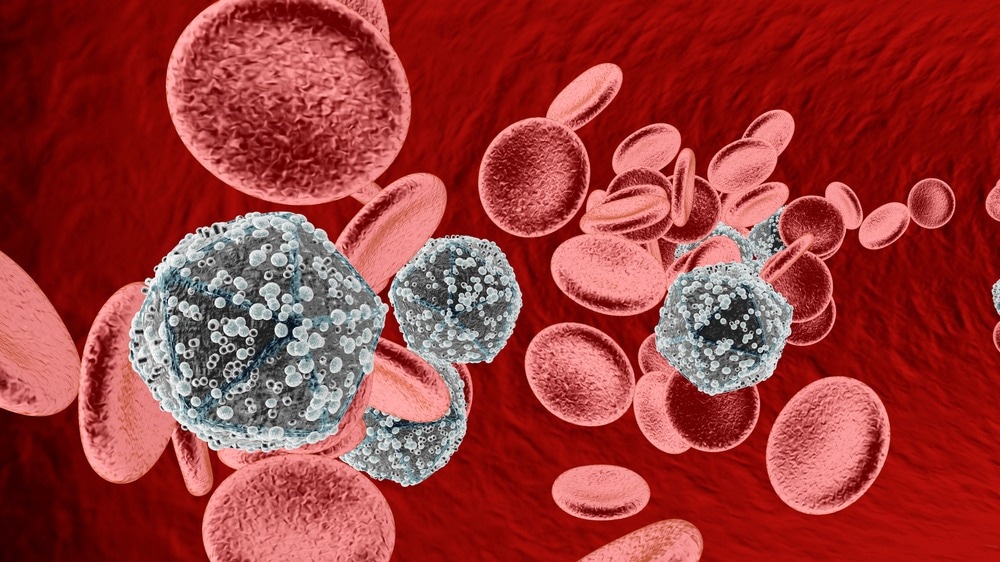According to research that was just published in eLife, carefully formulated combinations of broadly neutralizing antibodies (bNAbs) might effectively cure HIV while reducing the chance that the virus would evade therapy.

Image Credit: Spectral-Design/Shutterstock.com
According to the research, computational methods for choosing bNAbs combinations based on viral genetics may aid in preventing viral escape and increase the efficacy of HIV therapy. It could also provide a method for creating potent bNAbs combinations to tackle other rapidly developing diseases.
A potentially effective new treatment option for illnesses caused by quickly changing viruses like HIV are provided by bNAbs. Clinical studies treating HIV with a single bNAb have shown that certain viral strains may resist the medication and cause a return of the virus in the blood. Combinations of bNAbs may potentially be a more successful strategy, although it may be difficult to determine which combinations work best.
For our study, we proposed using a computational approach to predict the effectiveness of bNAb combinations based on the HIV genetics.”
Colin LaMont, Researcher, Max Planck Institute for Dynamics and Self-Organization, Göttingen
LaMont and colleagues examined the genomes of HIV viruses collected over a 10-year period from 11 HIV-positive individuals who were not receiving treatment using high-throughput sequencing.
The scientists utilized this information to make predictions about which virus strains would be able to avoid treatment with certain bNAbs and if avoiding bNAbs resulted in a higher risk of dying. Researchers next used computational techniques to use the information they had learned to forecast viral rebounds in three actual bNAbs studies.
The team’s computational method was then used to identify a set of bNAbs that is least likely to enable any virus to escape. Additionally, they discovered that particular bNAbs, such as 10-1074, are more effective against a variety of viral populations because alterations that enable viruses to escape also decrease the likelihood that the virus would survive.
Due to the rarity of mutations that allow escape, others such as PGT121, are more effective against viral populations that are less varied. Overall, the findings indicated that PG9, PGT151, and VRC01 are the three bNAbs that work best together.
LaMont adds, “We’ve shown the combination of PG9, PGT151 and VRC01 reduces the chance of viral rebound to less than 1%. It does this by targeting three different regions of the virus’ protective outer wrapping, or envelope.”
Combining bNAbs, administered via intravenous infusion every few months, with current antiretroviral therapies (ART) that require daily doses could further improve long-term HIV treatment success.”
Armita Nourmohammad, Study Senior Author and Assistant Professor, Department of Physics, University of Washington
ART lowers the genetic variety of the viral population and lowers the probability of the formation of bNAb escape variants by decreasing HIV’s capacity to proliferate and produce new variations. More research, according to the authors, is required to verify any possible advantages of combining ART with bNAbs.
Our study shows that leveraging genetic data can help us design more effective HIV therapies. Our approach may also be useful for designing therapies against other rapidly evolving agents that cause disease, such as the Hepatitis C virus, drug-resistant bacteria, or cancer tumor cells.”
Armita Nourmohammad, Study Senior Author and Assistant Professor, Department of Physics, University of Washington
Source:
Journal reference:
LaMont, C., et al. (2022) Design of an optimal combination therapy with broadly neutralizing antibodies to suppress HIV-1. eLife. doi.org/10.7554/eLife.76004.